
Kenney: Soda tax is the answer
“At this point I can’t raise any other tax or any other revenue in order to pay for things that we haven’t done in 50 years,” Mayor Kenney said.
A few hours after he introduced his first budget proposal, Mayor Jim Kenney visited AL DÍA News for a conversation with the editorial board to discuss details of his proposed $4.17 billion budget, an ambitious plan supported primarily by a 3-cents-per-ounce tax on sugary drinks that would help finance the expansion of pre-K, the construction of community schools, as well as the rebuilding of community infrastructure.
City officials stated that it is expected the soda tax will generate $400 million over a period of five years. The mayor emphasized that the soda tax was not proposed as a health issue but as a revenue generating issue. “At this point I can’t raise any other tax or any other revenue in order to pay for things that we haven’t done in 50 years,” Kenney said.
The following is an overview of Kenney’s Q&A with our editorial board. Responses have been edited for length and clarity.
Why is the soda tax the best revenue stream?
“We think that we set a case very clearly that without this plan we cannot address the systemic problems. The added tax is going directly back into the neighborhoods, and directly to services for poor people in need. And without the tax we don’t have money in real estate, we don’t have money in business or wage. We are going to keep biting around the edges, without this infusion of dependable revenue we are just going to be dog paddling.”
Third time's a charm. How will the soda tax pass this time after failing twice before in City Council chambers?
“The tax was initially rolled out by former Philadelphia Mayor Michael Nutter to be an obesity attacker. No one believed it and then he rolled it out again and said it was a $75 million dollar budget-hole filler. These are not budget-hole fillers. These are effective long term systematic programs to address poverty, inclusion and equity in every neighborhood in the city. And either council members are going to want to do it or they will play with the Teamsters, the bottlers and distributors, and that is their decision to make.”
What is the logic behind no extra funding in the budget for the Philadelphia School District?
“We are going to have to keep the schools open, but I am getting tired of taking the state off the hook by coming up with real estate and other taxes to do this. You can argue I could take the whole $60 million for pre-K and put it in public schools, and I could, but what am I doing for pre-K? And am I really fixing the problem with $60 million dollars that could go into a three and four year-old child’s progression so that schools are better within two or three years because the students are more prepared? Or do I get them $60 million more with no control over it and it’s gone?”
On gun violence reduction in the budget:
“We have very few tools to control guns because the Commonwealth of Pennsylvania is a crazy gun state. We are swimming upstream because we can’t get help from the legislature or the federal government on the flow of guns into our community. We will continue to fight crime in every way we can, we will continue to improve communities so that young people don’t have to choose that life of sticking a gun in their waistband because they weren’t getting the services they needed back in kindergarten and first grade.”
On stop and frisk:
"I never said stop and frisk was going to end entirely. Because if you get held up on the street by a guy with a Flyers hat, and you call in 911 and you say 'a guy with a Flyers hat just held me up at gun point' and three minutes later the police see a guy in the neighborhood with a Flyers hat, he is going to get stopped, and since you told them he had a gun they are going to frisk him. So the issue for us is that those frisks are constitutional and legitimate based on a call to 911 from a citizen. What we are going to stop is the random stopping of people, Latinos and African Americans, on the street and the cop asking ‘what are you doing here?’ and making them empty their bag and empty their pockets. There is a balance between crime fighting and being oppressive."


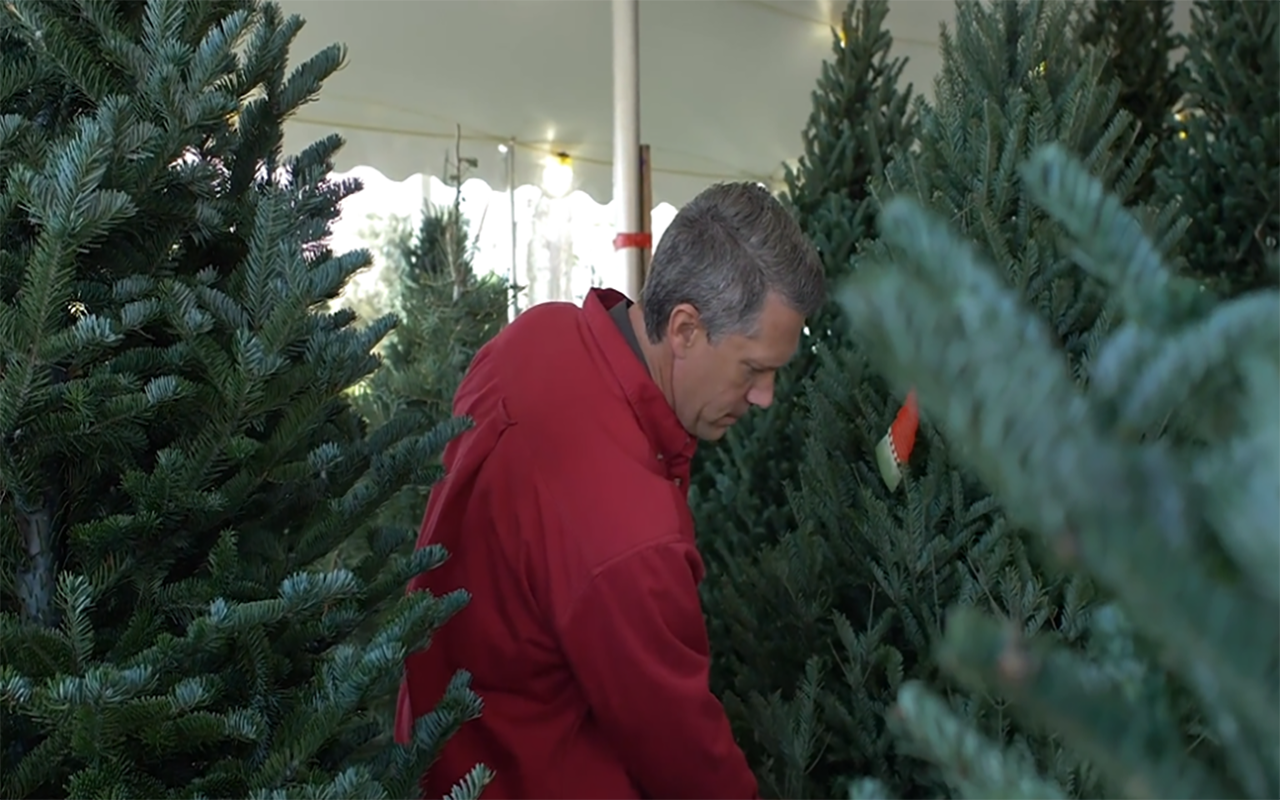
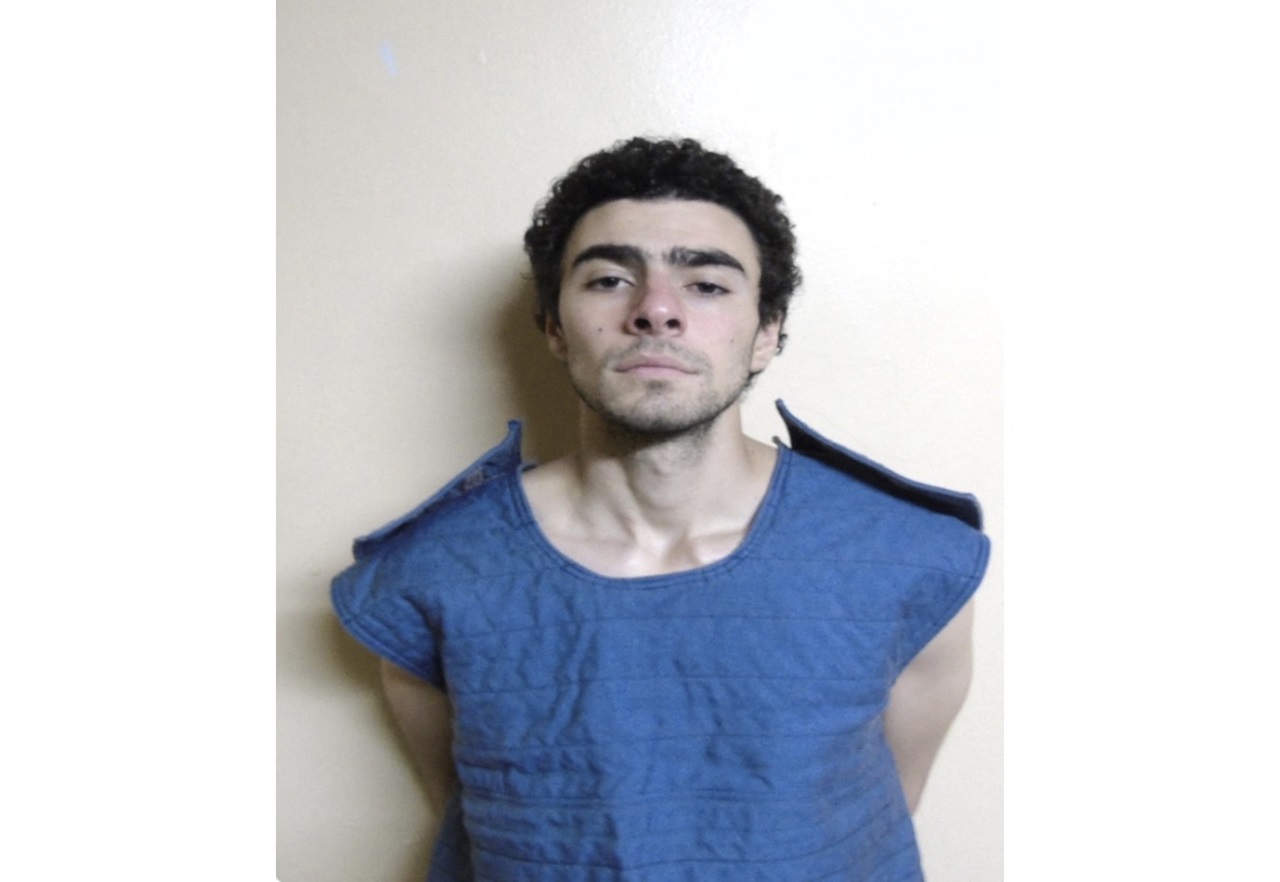
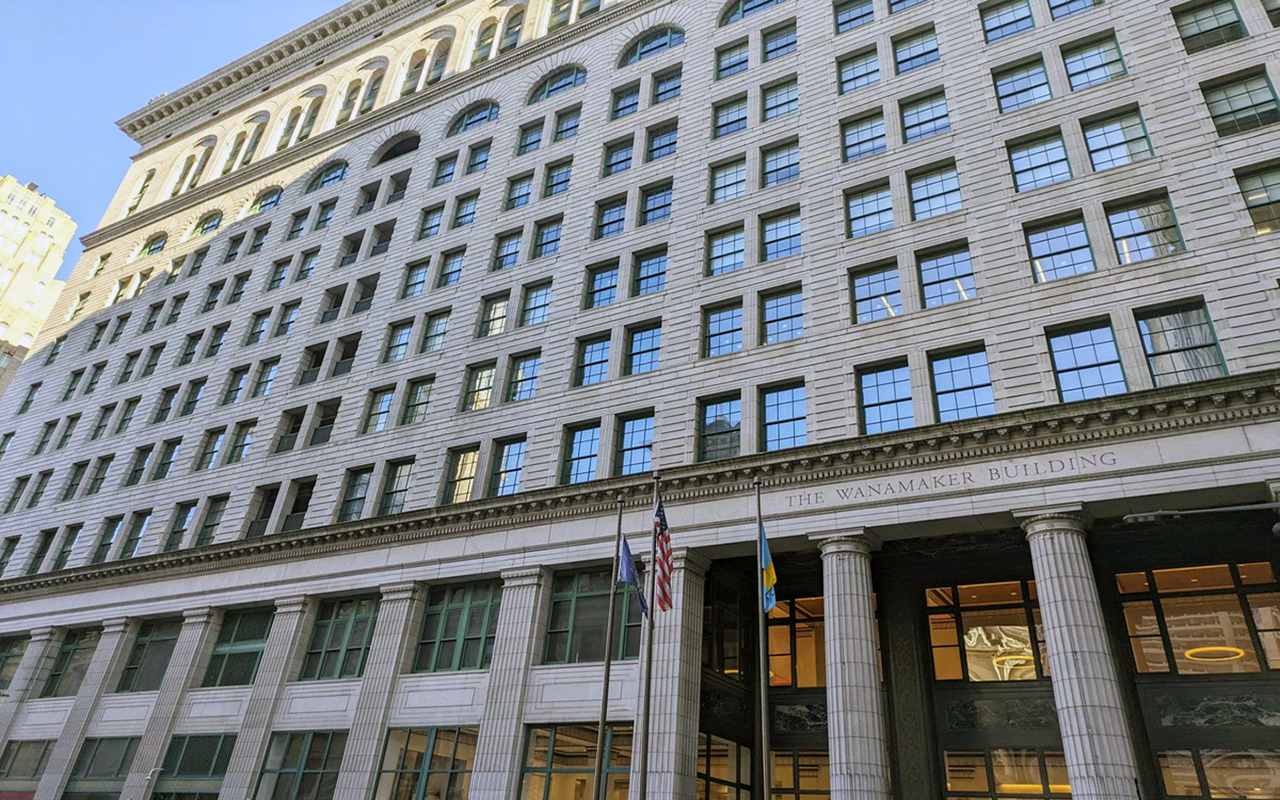
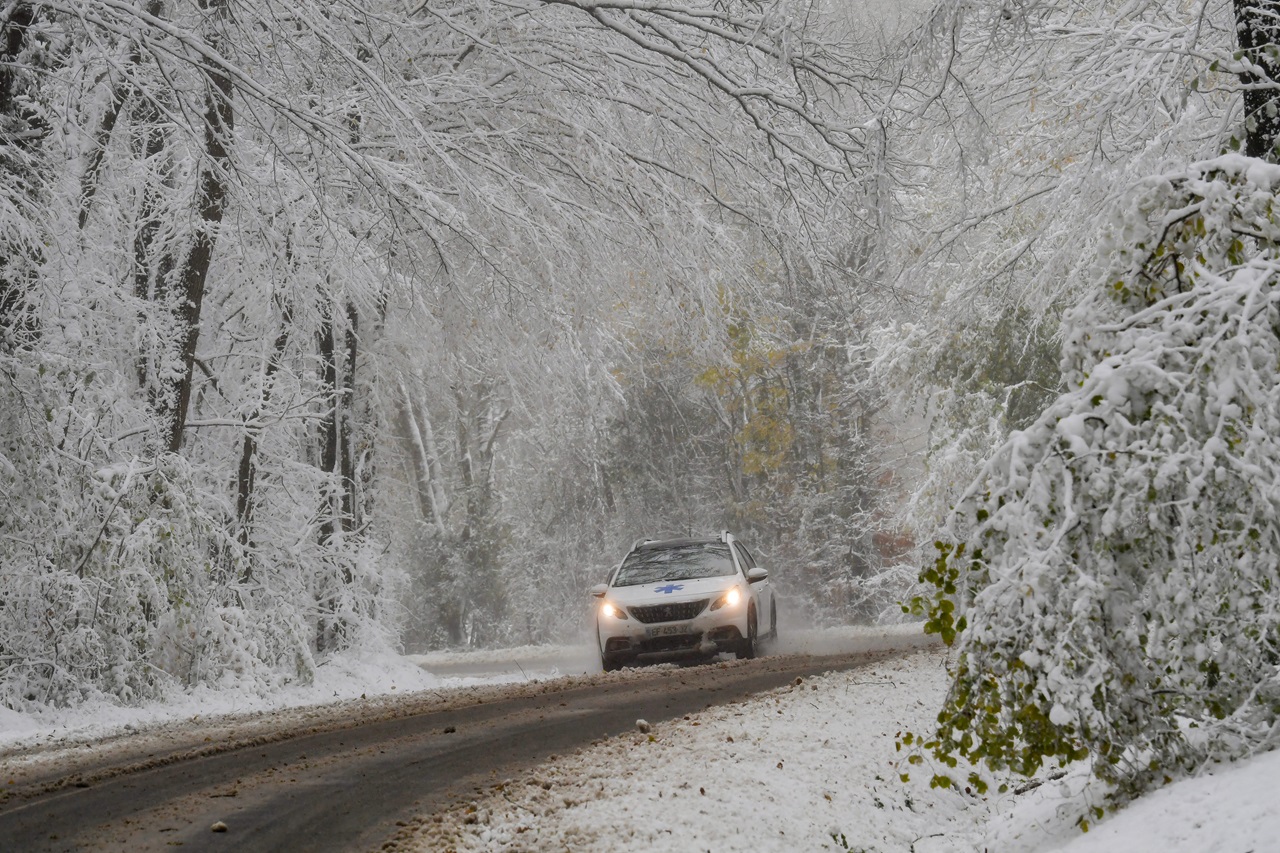
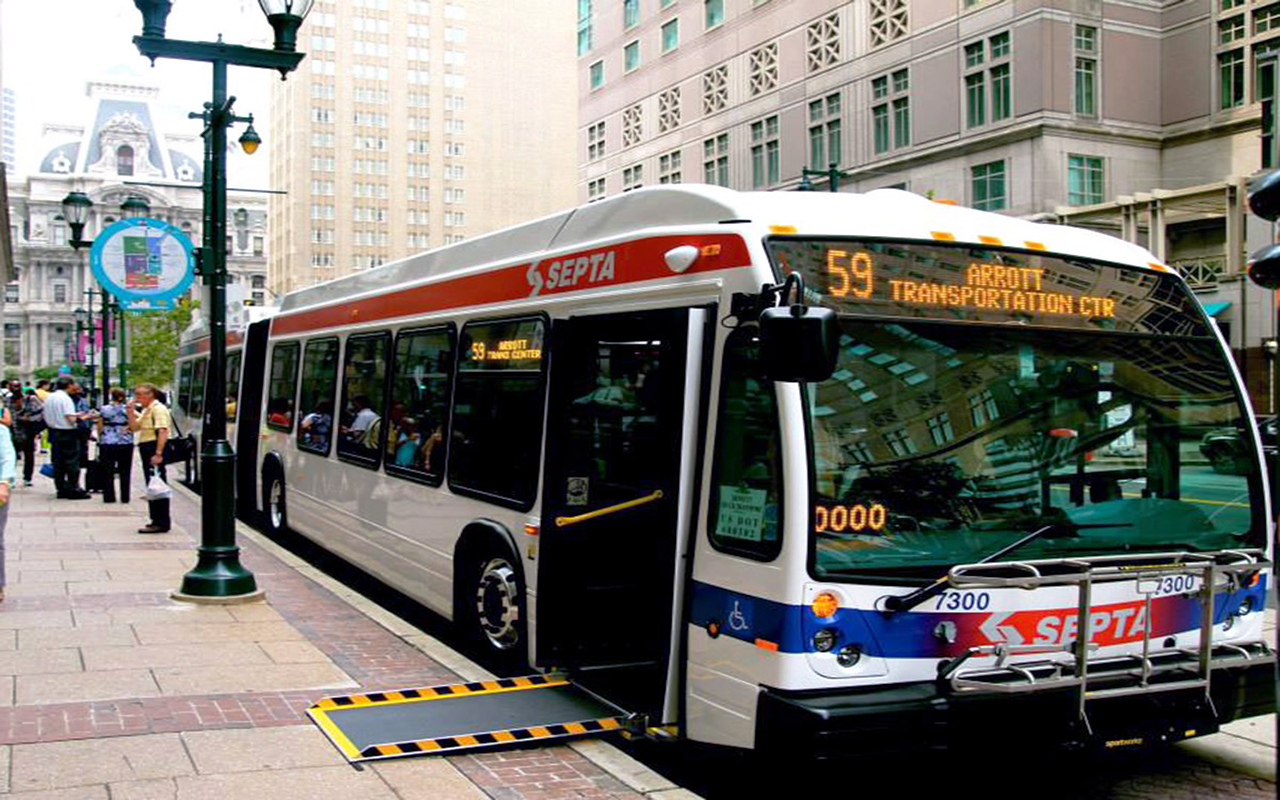
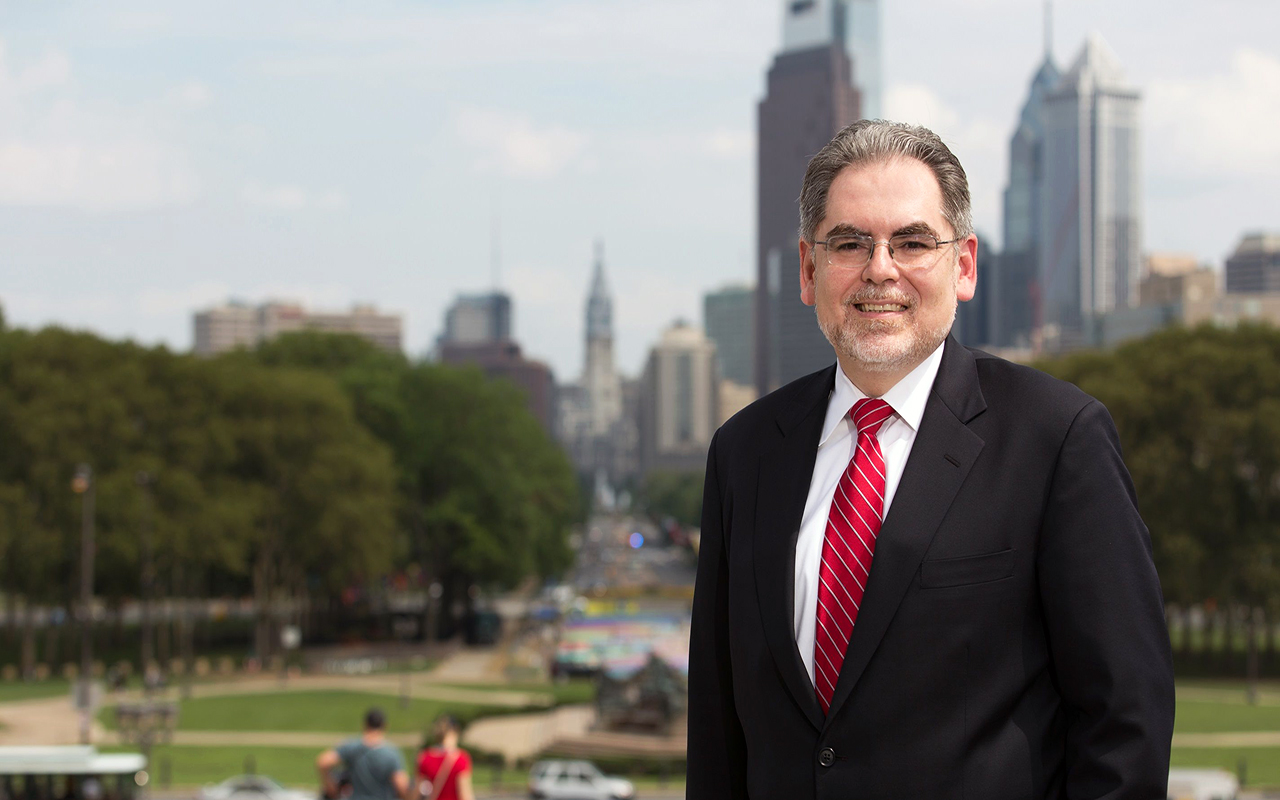
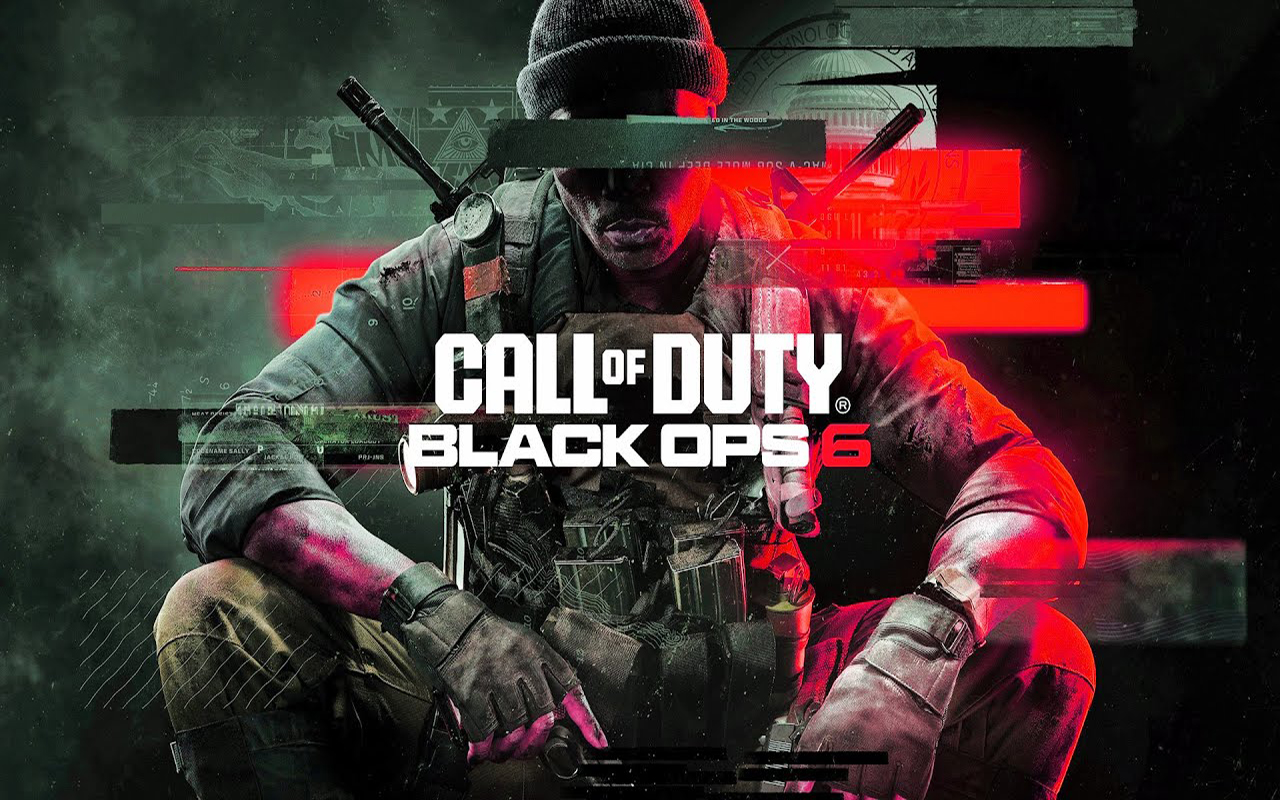
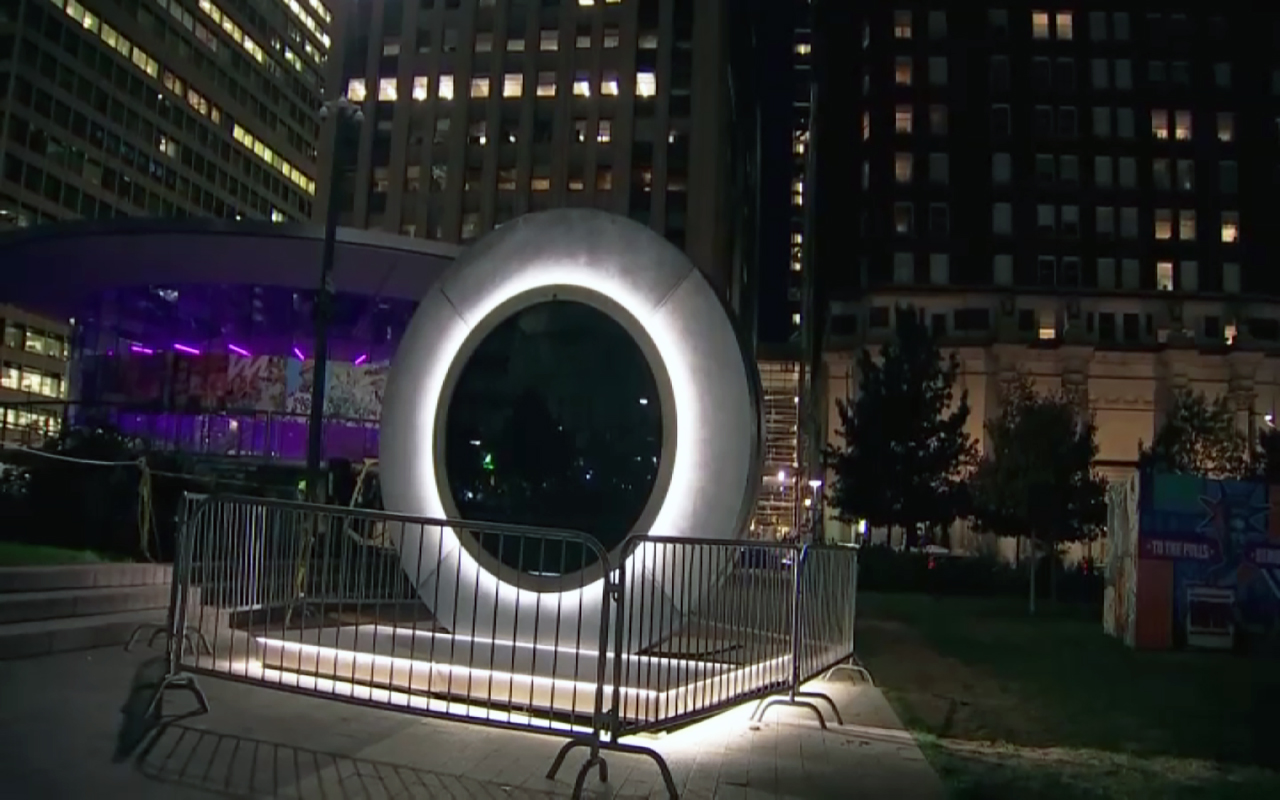
LEAVE A COMMENT:
Join the discussion! Leave a comment.